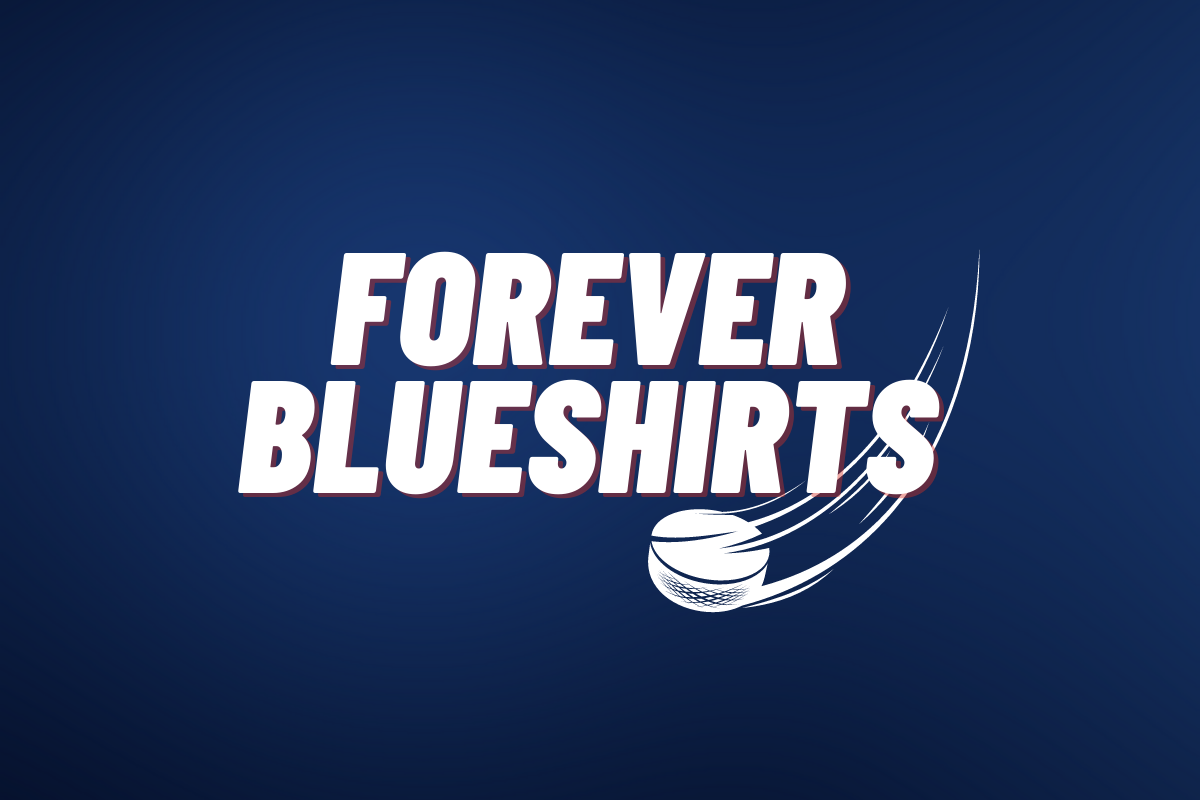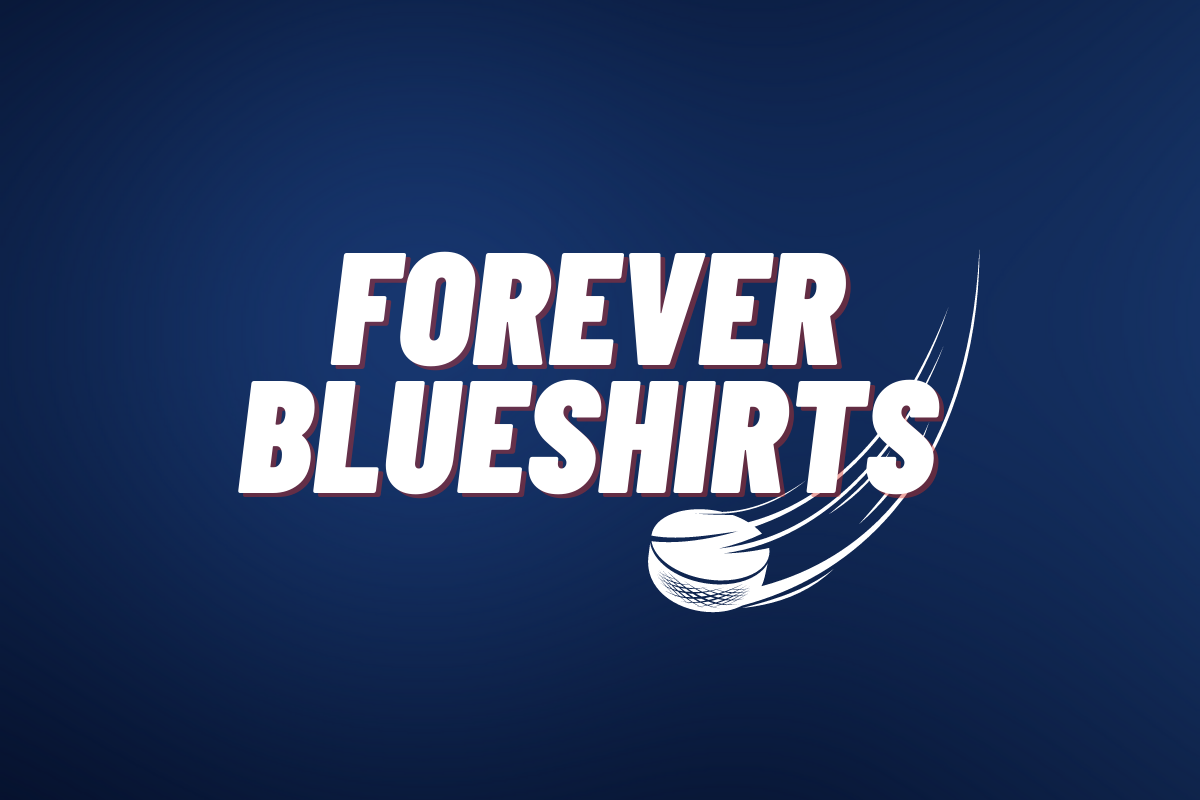Why we shouldn’t assume Jeff Gorton shares Alain Vigneault’s feelings on Girardi, Staal or Yandle
This seems to be the vibe around the New York Rangers forums and twittersphere:
“The New York Rangers are never going to make Keith Yandle a competitive offer on a contract extension. Just look at how relatively little Alain Vigneault has been playing him!”
I’m writing this article to express a counterpoint to this thinking, as I disagree with it completely. No, I’m not arguing Yandle’s icetime and steadfast role on the Rangers secondary (and somehow not primary) Power Play Unit has been Vigneault’s deployment. I’m not arguing that Yandle has been underplayed. Nor do I contest that the pricy Yandle acquisition has only seemed more and more a questionable one given Yandle’s less-than-star-defenseman role on Broadway.
What I wish to debate, rather, is the context of Yandle’s exercised role on the ice by the coaching staff versus how the front office may or may not view his value.
For that, I look at two other Rangers this season, both (in my view) demonstrating my point. Firstly:

The entirety of the Etem era was a bit baffling, but it may give vague insight (or there lack of) as to the future roster moves surrounding the New York Rangers. How do I figure? Let’s get into it.
At the 2015 NHL Entry Draft, the Rangers were destined to unload a few contracts, as to accommodate the incoming $71.4 million cap. Cam Talbot, despite his heroic season and reasonable $1.45 million cap hit, was the “given” ejection. However, as I wrote last summer, the team would still need to shed salary; specifically, shipping off one of Carl Hagelin or Kevin Klein.
The Rangers chose Hagelin, a 3rd line winger, over Klein, a (now-deemed) top-four defenseman.
Now: one would think there would be many suitors interested in Hagelin. One would think the Rangers would have the upper hand in aligning a transaction, having leverage and control. This wasn’t a bad contract the Rangers were begging another team to absorb, it was an attractive asset by all accounts.
So when the Rangers traded Hagelin and their 2nd round draft pick for Etem, a 2nd & a 6th… one could only surmise that, aside from the salary-downgrade & draft pick-upgrade dimensions of the deal… the team had high hopes for the 22-year-old winger. Or at least, were interested in seeing if he could contribute.
But from the start of the 2015-16 season, all the way to his trade to Vancouver last week, it seemed as though this was not the case. He was often scratched, barely used in the top-2 lines, and received only 66 seconds of total power play time. Even with Chris Kreider struggling, and various opposite wingers being experimented with; Etem remained steadfast in Alain Vigneault’s proverbial doghouse.
To wit: it’s almost like the Rangers front office, whom made the Draft day deal for Etem, was on a completely different page than the coaching staff, who received him in September training camp. The only conclusion we’re left to draw is that Glen Sather failed to “check” with his head coach as to his thoughts on Etem, but rather, asserted their own judgment of his perceived value, and threw him into the equation all the same.
It would certainly explain a lot.
I mean, a trade being put together in a very short amount of time during the draft is hardly unusual.

Conversely, we also saw Tanner Glass placed on waivers and ultimately assigned to the minor leagues in October. This is the polar opposite of our Etem observation; the front office took a player whom Vigneault has shown a clear preference for, placed him on waivers (exposing him at risk to be claimed by 29 other teams), and put him in the minors. The front office did the exact opposite: made a judgment which clashed with Vigneault’s judgment regarding Glass’s (temporary) exportation.
The front office liked a player (Etem) and imported him, while the coach did not. And then the front office waived a player (Glass) and demoted him, while the coach would’ve preferred to keep him. This shows that the coaching staff and front office can have contrasting viewpoints as to the strengths, weaknesses or values of player personnel.
Alain Vigneault does not make trades or have a mind to revolve around the salary cap. He is given a roster and makes do with it. Meanwhile, the front office does not control how many minutes a player plays per night.
If this is our understanding, or better yet theory; let’s apply this train of thought to the present day.
Vigneault seems to value Dan Girardi & Marc Staal as top-four defensemen, despite their season-long struggles, and horrific analytical statistics.
Vigneault still does not put Keith Yandle out for the first power play unit nor does his minutes compete with that of Girardi or Staal. This brings questions to Yandle’s future (or there lack of) on Broadway, as he is set to be an unrestricted free agent in July, and rumored to be potentially moved at the deadline.
Overall, Vigneault’s actions and deployment of the Rangers defensemen seem to indicate not only is he NOT seeking a remedy for these problems, but is in fact wholly ignorant of them.
Thus, people are speculating the Rangers will be apt to make trades (or NOT make certain trades) specific to Vigneault’s displayed preferences. But, going back to the Etem experiment & Glass demotion; if the Rangers front office has acted imperviously to Vigneault’s opinion in acquiring or demoting a player he does or does not think much of… isn’t it possible the front office could nonetheless trade a player (Girardi/Staal) Vigneault deems as valuable? Or re-sign a player (Yandle) to top-defenseman money despite Vigneault’s opinion that said player is a second or third pair product?
In other words, the front office and coaching staff were on different pages with Etem. So don’t assume the front office is invariably on the same page as Vigneault when it comes to what the roster needs in terms of contracts or trades. A.V. is the coach, but Jeff Gorton is the general manager. It remains entirely possible he has a mind of his own in terms of Girardi, Staal and/or Yandle’s value, even if it varies greatly from that of the bench boss.
Can the Rangers trade Girardi or Staal?
1) Jeff Gorton would have to ask the player if he is willing to be traded, and probably request a list of teams to where the player would accept a trade.
2) Then Gorton would have to contact one the perscribed teams, and find a suitor whom would have interest in acquiring one or both of the expensive rearguards.
3) If and only if steps 1) and 2) fell into place, the third and toughest task would be to hash out a trade where both teams could agree to a transaction which satisfied mutual benefit. That is to say, competing teams wouldn’t absorb Girardi or Staal just to help unburden the Rangers, nor would Broadway simply trade one bad contract for another.
So it remains theoretically possible, but still very difficult.
Can the Rangers afford to re-sign Yandle?
The answer is yes. If we assume he is destined for a $5.5 to $6 million per year deal, as his market value is projected, yes the team can afford him next season. But there’s a few strings: the team would likely have to shed a contract, if not re-sign all their Restricted Free Agents to one-or-two year “bridge” deals. Or, far more likely, they’d have to trade an already-existing contract to make room. In either event, re-signing Yandle is theoretically doable without moving mountains or walking on water.
So with a litany of options in play between now and the February 29th deadline, one thing should be clear: the coach’s beliefs and usage of a player, whether it be Girardi, Staal, or Yandle; can greatly differ with that of the front office… you know, the guys that sign the contracts and pull triggers on trades. Don’t let Vigneault’s conservative deployment of Yandle convince you his days as a Ranger are assuredly over, nor should the opposite be automatically true for the tenured security and plentiful icetime of Girardi or Staal.
The next six months will demonstrate Gorton’s first trade deadline, draft and free-agency blizzard as General Manager. We’ll see how much he differs in judgment from Vigneault about Girardi, Staal and Yandle… you know, the coach and players that he inherited when Sather stepped down.
More About:New York Rangers Features
